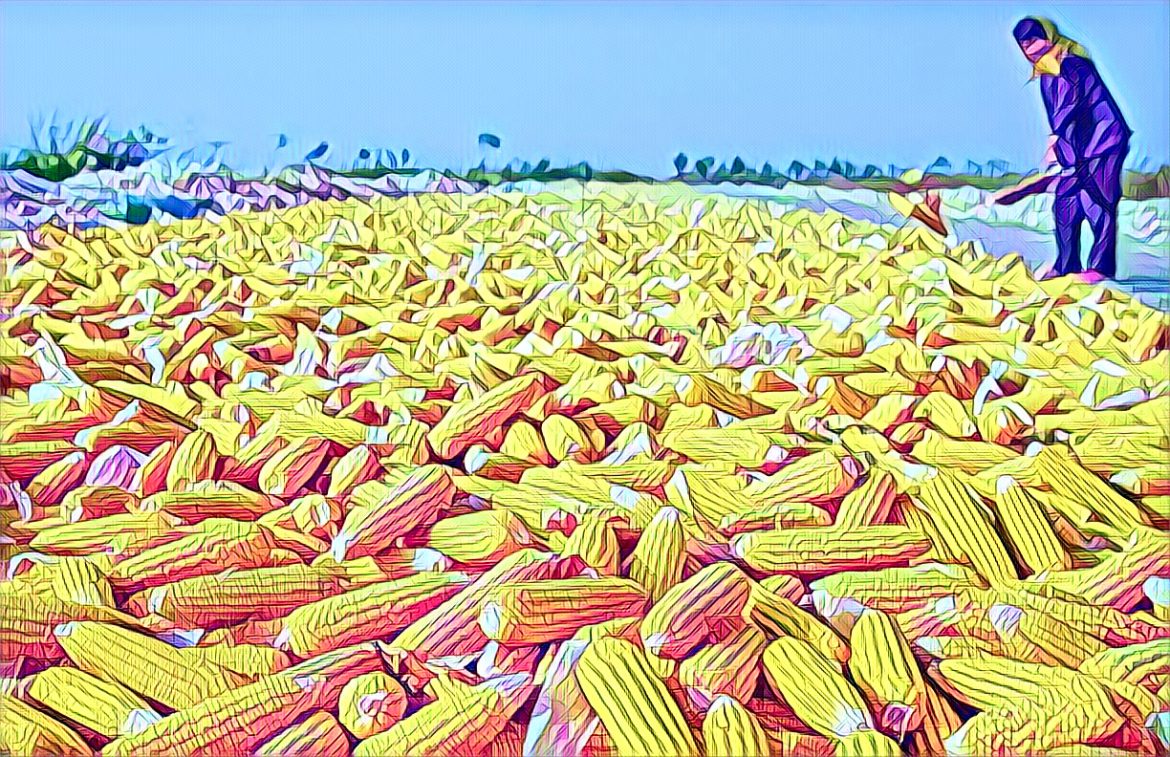Amidst a mounting hunger crisis, Zimbabwe’s government has announced plans to import a staggering 1.4 million metric tonnes of maize from Brazil and Argentina. The move comes as the country grapples with a dire food shortage exacerbated by erratic weather patterns and economic challenges.
According to officials, the imported maize will help alleviate the acute food insecurity affecting millions of Zimbabweans. The country’s National Foods and Cereals Board disclosed that the imports aim to bridge the deficit in maize production caused by droughts and other agricultural setbacks.
Zimbabwe’s agriculture has long been vulnerable to climate extremes, with recurrent droughts severely impacting crop yields. The situation has been further aggravated by economic instability and structural issues within the agricultural sector.
The decision to import maize underscores the severity of the crisis facing Zimbabwe, where millions are at risk of starvation. Recent reports indicate that over half of the country’s population is food insecure, with rural communities bearing the brunt of the shortages.
Despite efforts to boost domestic production, Zimbabwe’s agricultural sector continues to face significant challenges, including limited access to inputs, outdated farming practices, and land tenure issues. These factors have hampered the country’s ability to achieve food self-sufficiency and resilience against external shocks.
Critics argue that reliance on imports perpetuates Zimbabwe’s dependence on foreign aid and exposes the nation to vulnerabilities in the global food market. They emphasize the need for long-term solutions that prioritize sustainable agriculture, investment in infrastructure, and support for smallholder farmers.
Meanwhile, humanitarian organizations have warned of the urgent need for international assistance to avert a humanitarian catastrophe in Zimbabwe. The United Nations World Food Programme (WFP) has been providing food aid to vulnerable communities, but funding shortfalls threaten the continuity of relief efforts.
In response to the crisis, the Zimbabwean government has pledged to implement measures to improve food security and resilience in the long term. Initiatives such as climate-smart agriculture, irrigation schemes, and social protection programs are being prioritized to address the root causes of food insecurity.
As Zimbabwe navigates through these challenges, there is a glimmer of hope that concerted efforts by stakeholders, both domestic and international, can lead to sustainable solutions. By investing in agriculture, promoting inclusive policies, and fostering resilience, Zimbabwe can overcome its food crisis and build a brighter future for its people.
Source: New Zimbabwe


